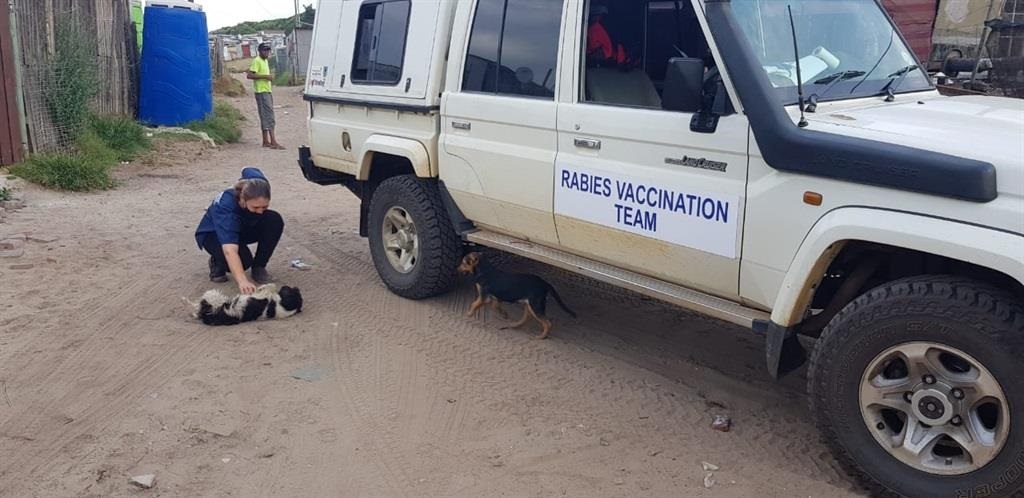
Holiday travellers and local residents are warned to avoid contact with stray dogs and cats in the coastal areas of KwaZulu-Natal and the Eastern Cape due to the high risk of contracting rabies - a viral disease that spreads through the saliva of infected animals.
The department of agriculture, land reform and rural development issued a warning on Tuesday, stating that there were other areas as well in the country that were breeding grounds for rabies.
These include Limpopo, Mpumalanga and the border of the Free State and Lesotho.
“When picking up stray animals and homing them, you could aid the spread of rabies to other areas and provinces and put your life and that of your family at risk,” it said.
The department further advised people to report stray animals to local welfare authorities and support these organisations in caring for such animals.
Rabies is a fatal disease. It is zoonotic, meaning that it can be passed from infected animals to humans. Any mammal can become infected with rabies; however, the biggest threat to humans is from infected dogs and cats.
National Institute for Communicable Diseases confirmed that were seven laboratory-confirmed human rabies deaths as of May this year. Some of these cases originate from Limpopo, Kwazulu-Natal and the Eastern Cape.
The symptoms include headache, fever, weakness and discomfort, and confusion.
Animals that are infected with rabies may present with changes in behaviour, ranging from unprovoked attacks to becoming overly friendly or just appearing sleepy. These animals mostly drool a lot, may not be able to swallow and continuously vocalise – bark, whine and howl. Other symptoms include behaviour that is odd and aggressive or, sometimes, weak and unresponsive.
READ: A killer disease stalks Africa: Pulmonary hypertension
In animals and humans, the disease damages the brain and, once clinical signs become visible, there is no curative treatment and it is fatal.
“Therefore, if you suspect that you have been exposed to an animal that may have rabies, it is important to wash the wound very well with soap under running water and immediately seek preventive treatment at your nearest healthcare facility,” said the statement.




 Publications
Publications
 Partners
Partners









